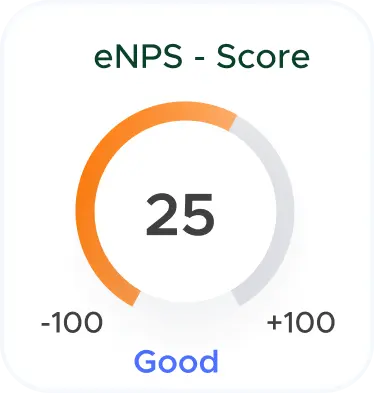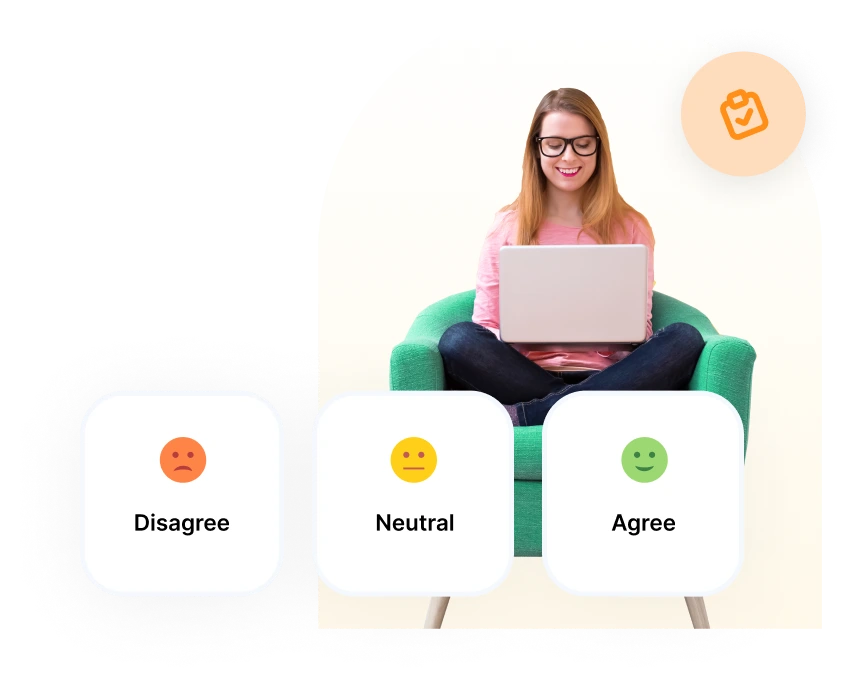Employee referrals refer to the process of current employees recommending or referring potential candidates for job openings within their organization. This method leverages the personal and professional networks of existing employees to identify qualified individuals who may not be reached through traditional recruitment channels.
What is an employee referral?
An employee referral is a recruitment method in which current employees of a company recommend or refer candidates for open positions within the organization. These candidates are typically individuals known personally or professionally by the referring employee.
Employee referrals typically involve the referring employee submitting the candidate's resume or application to the company's HR department or hiring manager, often accompanied by a recommendation or endorsement of the candidate's qualifications and fit for the position. Employee referrals are valued by companies for their ability to attract high-quality candidates who are more likely to succeed and integrate well into the company culture, leading to higher retention rates and overall workforce satisfaction.
What does employee referral mean?
Employee referral refers to the process of recommending or suggesting potential candidates for job openings within a company. It involves leveraging the network of existing employees to identify and attract qualified candidates.
What does an employee referral mean?
An employee referral signifies a recommendation made by an existing employee of a company for a potential candidate to fill a vacant position within the organization. It reflects the confidence of the referring employee in the abilities and suitability of the candidate for the role.

.svg)













.svg)



.svg)
.svg)